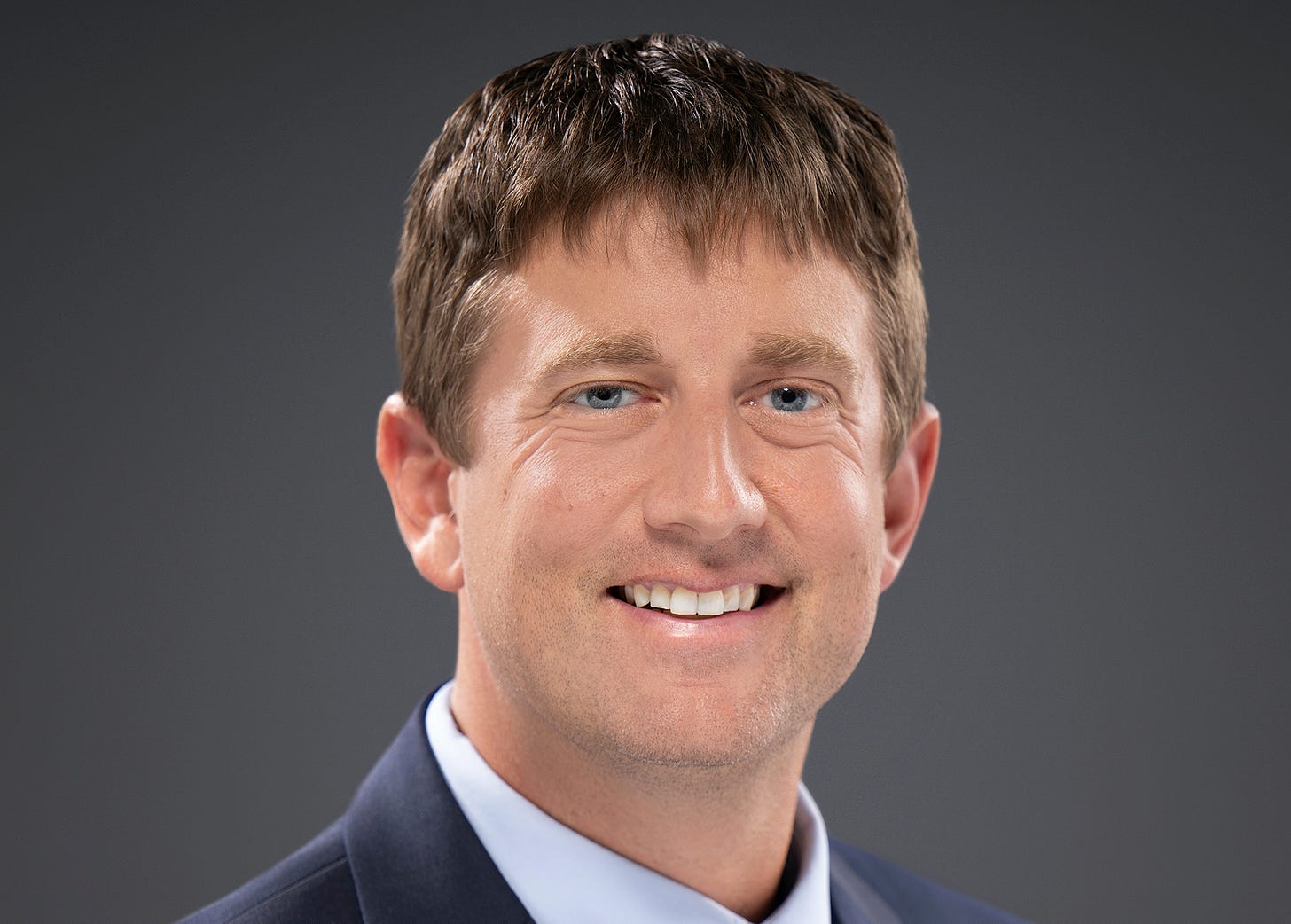Fine detail
Conservatives turn timeless principles into practical solutions
The Freedom Conservatism Statement of Principles offers Americans a bold vision of a brighter future.
Voters shouldn’t have to choose between progressivism and populism, between an obstructive politics of envy and a destructive politics of resentment. FreeCons propose a better alternative, a constructive politics rooted in liberty, family, community, and opportunity.
Unlike our political rivals, we don’t believe America’s founding principles are faulty or out of date. They laid the foundation for the greatest country in the history of the world. As for America’s flaws, past and present, most reflect a failure to abide by these principles, or to apply them prudently to changing circumstances.
FreeCons are good at converting abstract ideas into practical solutions for policymakers to enact. Here are some examples.
Medicare crisis
One of the nation’s top health policy experts, Brian Blase, served as special assistant to the president for economic policy at the White House’s National Economic Council from 2017 to 2019.
During previous stints on Capitol Hill, Blase staffed the Senate Republican Policy Committee and the House Committee on Oversight and Government Reform.
Blase, a FreeCon signatory, now leads the Paragon Policy Institute. A few weeks ago, it published a series of briefing papers on Medicare, Medicaid, and other health care issues.
For example, Blase and his colleagues suggest Congress and the next administration “expand high-quality, affordable coverage by providing health insurance options outside of Obamacare and allowing employers to join together to offer more attractive plans.”
On Medicare, which faces a funding crisis, they propose greater transparency, changes in reimbursement policies, and increasing the supply of services by allowing medical provides to “practice at the top of their licenses.”
Sound governance
Kurt Couchman (right) is a senior fellow in fiscal policy at Americans for Prosperity. A former Capitol Hill staffer, Couchman writes frequently on such subjects as taxes, entitlement reform, and the budget process.
In a new study, Couchman, a FreeCon signatory, offered two models for adding a balanced-budget amendment (BBA) to the U.S. Constitution. An overwhelming majority of Americans favor such an amendment, which also has precedent in state constitutions and the fiscal rules of other countries.
One option, a Business Cycle BBA, would limit annual federal expenditures to the average of federal revenues collected during the three prior years. Couchman called it “stable and predictable.” Another approach, a Principles-based BBA, would set general parameters but allow Congress to structure more-specific procedures by statute.
A well-crafted amendment, Couchman concluded, would “help Congress repair federal budgeting, restore sound governance, and promote prosperity in America.”
Unintended consequences
An attorney, computer scientist, and former Federal Trade Commission official, Neil Chilson now serves as senior research fellow at Utah State University’s Center for Growth and Opportunity (CGO).
Chilson is frequently quoted by the press and his work has appeared in such outlets as The Wall Street Journal, The Washington Post, USA Today, and Newsweek.
A FreeCon signatory, Chilson has coauthored with CGO colleague William Rinehart a response to a National Telecommunications and Information Administration request for comments about how best to protect against potentially dangerous uses of artificial intelligence (AI).
“The United States has a robust and effective accountability ecosystem for software,” they wrote. “Market processes generally channel applications of new technology, including AI, to socially productive purposes” as do existing civil-rights laws and consumer protections.
“This existing accountability ecosystem is not flawless,” they argued, “but it should not be ignored. Otherwise, efforts to improve accountability could be useless or even counterproductive by undermining the market-based and other accountability mechanisms that already exist.”
Other coverage
Joe Pitts is a FreeCon and a research assistant at the American Enterprise Institute. In a recent essay for FUSION, Pitts reviewed Robert Putnam’s research on the decline of voluntary associations. Pitts called for “people in small towns and big cities across this great country” to “solve problems at the local level, building and participating in community institutions and traditions.” In “an era of overbearing bureaucratic management,” he wrote, such a rebirth of civil society would “prove to be a breeding ground both for more fulfilled human lives, and a more dynamic society.”
Signatory Vance Ginn, a consultant and chief economist at the Louisiana-based Pelican Institute for Public Policy, interviewed Avik Roy on a recent episode of the podcast “Let People Prosper.” Roy, one of the leaders of the Freedom Conservatism project, explained why FreeCons place such a priority on battling federal deficits. Reforming entitlements “is absolutely essential to the survival of America” as a viable economy and constitutional republic, Roy said. Click here to watch or listen to the program.




